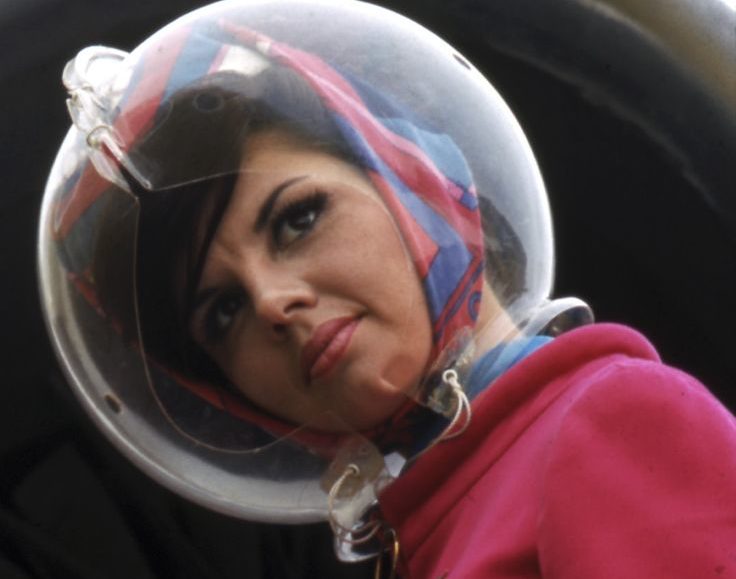Familiarity breeds contempt, as the Internet Age has taught us.
That medium has shrunk the world in ways Marshall McLuhan couldn’t fully imagine when he was panicking about television ushering in the Global Village, which now seems positively halcyon by comparison. In this decentralized age, we all got drunk and hooked up, but not everyone is sure they want to move in together.
Luckily for the skittish, the new tools contain no center but instead multitudes, with ways to personalize and edit feeds to eliminate friction, so it’s possible for me to sing the song of myself, to disappear into an echo chamber. There’s no need to even think about it: It’s all automated.
A perplexingly large segment of us want to force the physical world to follow suit, to build an actual wall that buffers and protects life a firewall. It seems impossible, but some are willing to die trying.
From Douglas Rushkoff’s excellent Primer Stories essay “The New Nationalism“:
The television era was about globalism, international cooperation, and the open society. TV let people see for the first time what was happening in other places, often live, as it happened. We watched the Olympics, together, by satellite. Neil Armstrong walked on the moon. Even 9-11 was a simultaneously experienced, global event.
Television connected us all and broke down national boundaries. Whether it was the British Beatles playing on The Ed Sullivan Show in New York or the California beach bodies of Baywatch broadcast in Pakistan, television images penetrated national divisions.
I interviewed Nelson Mandela in 1994, and he told me that MTV and CNN had more to do with ending the divisions of apartheid than any other force.
But today’s digital media environment is different. At the height of his media era, a telegenic Ronald Reagan could broadcast a speech in front of the Brandenburg Gate in Berlin and demand that Gorbachev “tear down this wall.” Today’s ultimate digi-genic candidate Donald Trump demands that we build a wall to protect us from Mexicans. This is because the primary bias of the digital media environment is for distinction. Analog media such as radio and television were continuous, like the sound on a vinyl record. Digital media, by contrast, are made up of many discrete samples. Likewise, digital networks break up our messages into tiny packets, and reassemble them on the other end. Computer programs all boil down to a series of 1’s and 0’s, on or off.•
Tags: Douglas Rushkoff

